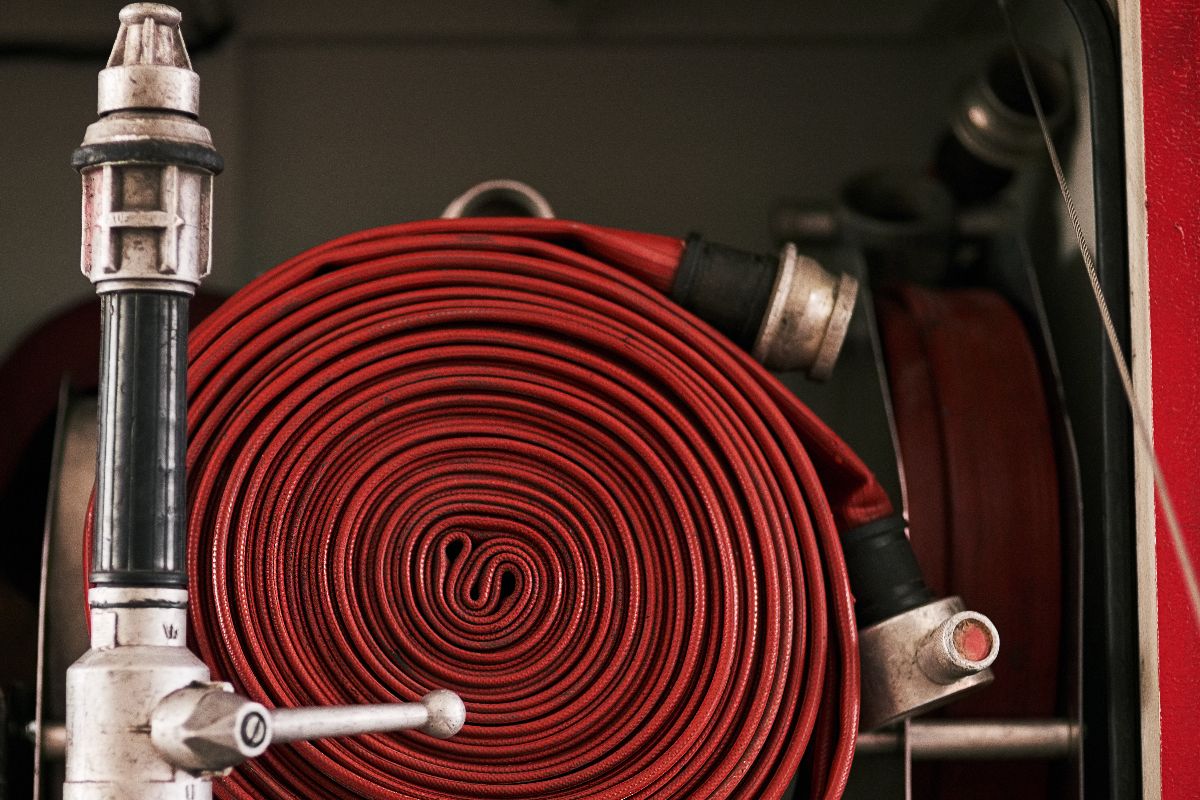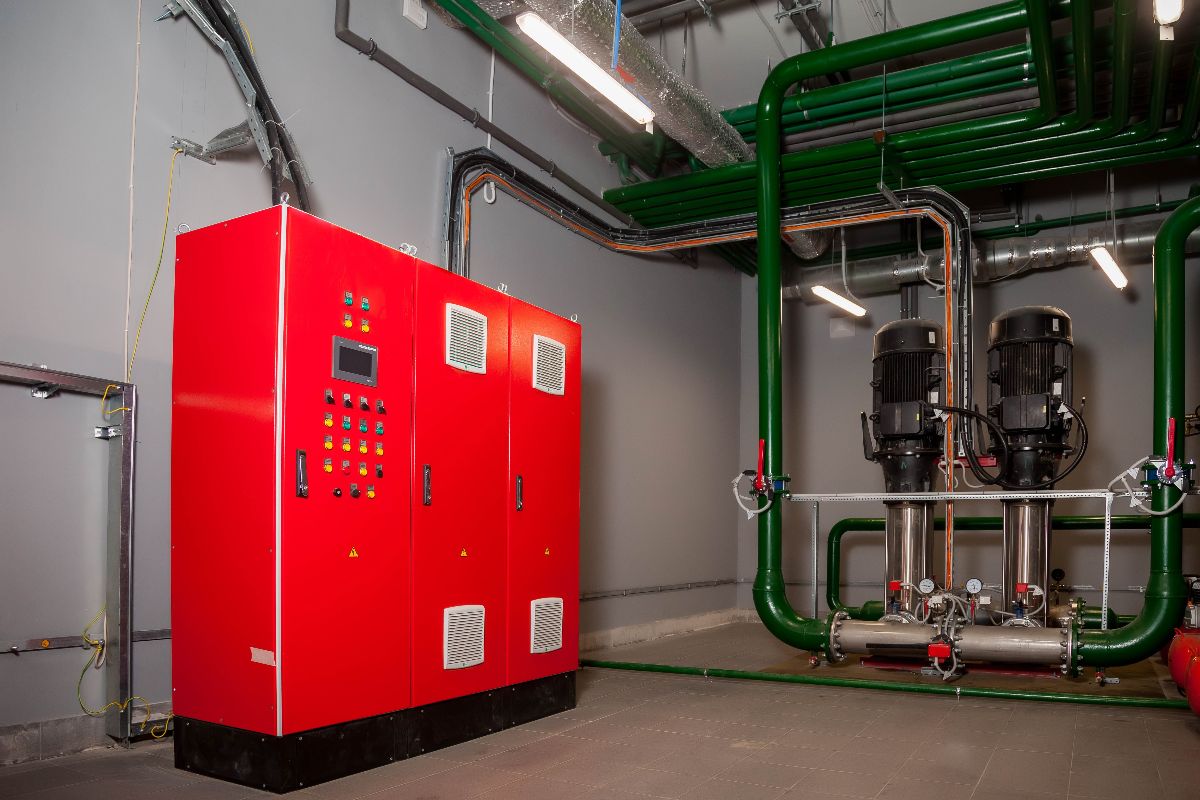Explore Why You and Your Operations Need an Industrial Chiller
 September 5, 2025
September 5, 2025
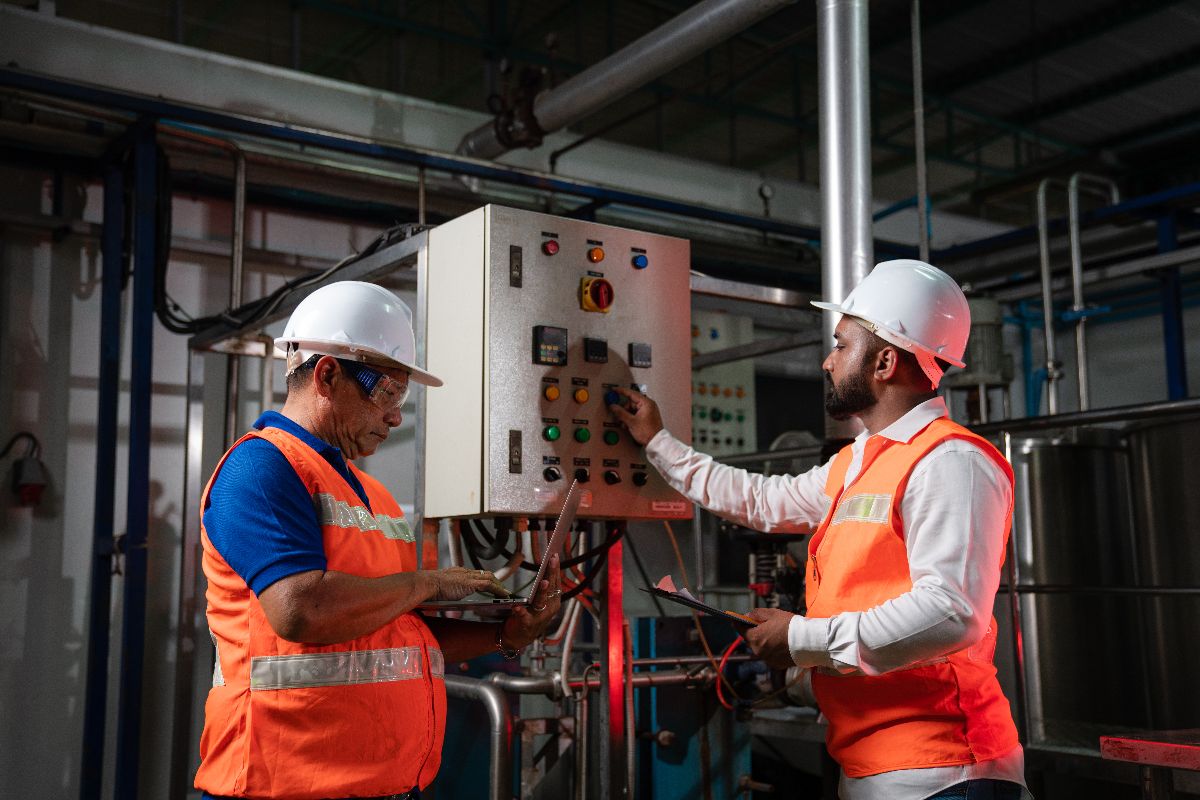
Why do you need an industrial chiller?
- Extending equipment lifespan
- Ensuring workplace safety
- Increasing operational productivity
- Lowering energy use and operating costs
- Supporting business growth through scalable cooling
Overview
- Effective temperature regulation in industrial environments safeguards equipment, worker safety, and ongoing productivity.
- Industrial chillers help businesses by extending equipment life, ensuring safe working conditions, improving operational productivity, reducing energy costs, and supporting scalable growth in critical sectors like manufacturing and food processing.
- By recognizing your facility’s unique cooling needs, you can choose the right industrial chiller system to protect your operations and position your business for sustainable success.
In industrial environments, temperature regulation is the baseline for safety, performance, and long-term operational health. When heat isn’t managed properly, equipment wears down faster, processes lose stability, and risks multiply across the production floor.
Industrial chillers solve this by offering targeted cooling solutions built for scale and precision. They help ensure that your systems run consistently under pressure, especially in high-output environments.
Knowing why you need an industrial chiller can help you identify gaps in your current setup and prevent future failures. In this article, we’ll explore how these systems support more resilient, cost-effective operations.
Extending Equipment Lifespan
An industrial chiller helps extend the life of your equipment by providing consistent, controlled cooling that protects machines from thermal stress.
In industrial settings where machinery runs for long hours, even small temperature fluctuations can accelerate part wear, destabilize lubricants, and increase the risk of failure. By maintaining stable temperatures, an industrial chiller minimizes these risks, preserving internal components and reducing strain over time.
This leads to longer machine life, fewer production stoppages, lower maintenance costs, and more reliable operations—ensuring your facility performs optimally, shift after shift.
Ensuring Workplace Safety
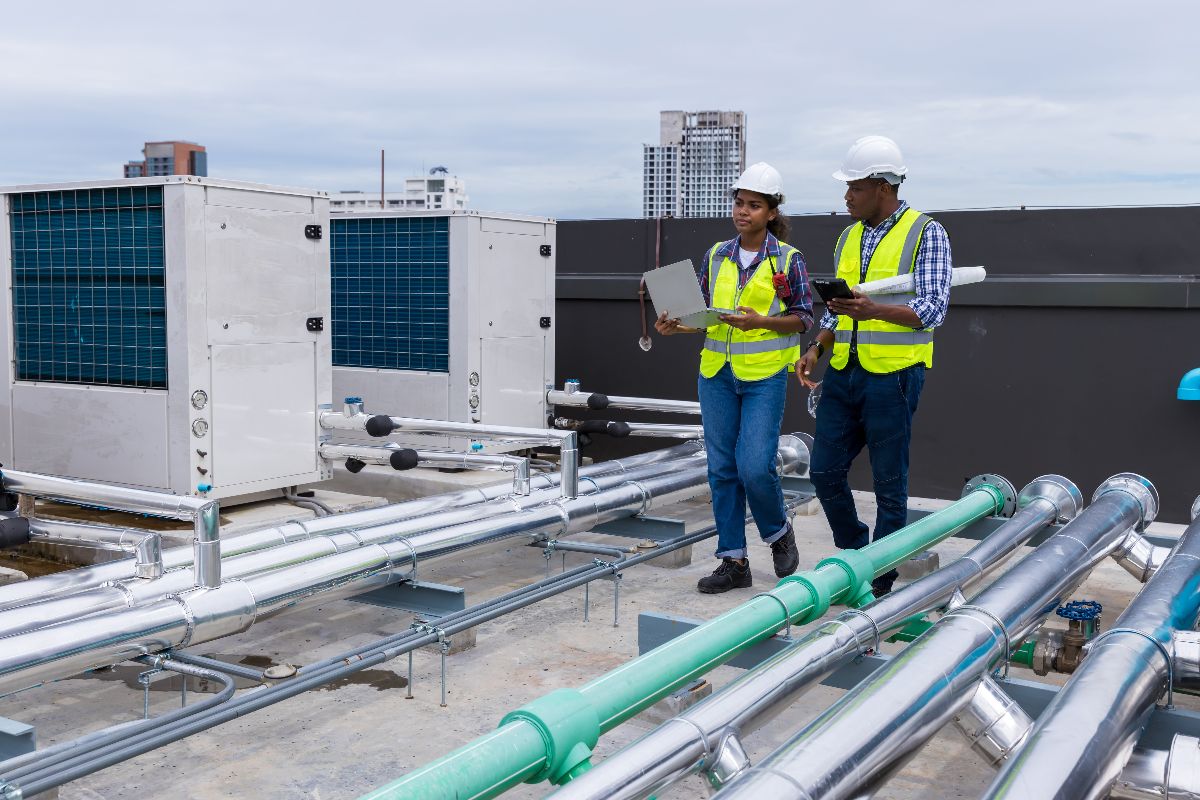
An industrial chiller enhances workplace safety by keeping both employees and equipment cool, reducing the risk of accidents caused by heat stress.
In many industrial settings, rising temperatures can lead to operator fatigue, slower reflexes, and unpredictable machine behavior—risks that aren’t always visible but can have serious consequences. When ambient heat goes unmanaged, mistakes and accidents become more likely.
By maintaining a stable, controlled environment, an industrial chiller helps prevent injuries, reduce compliance issues, and ensure smooth, safe operations throughout every shift.
Increasing Operational Productivity
Not every productivity loss comes from downtime. Sometimes the line stays running, but the yield drops without explanation. Operators make more adjustments. Rejects increase. Performance slips shift after shift. But the system never technically fails—it just stops running right.
In operations like beverage filling or film extrusion, where process stability determines what gets packaged or scrapped, even minor temperature shifts throw production out of rhythm.
That’s where a chiller holds its value for you. Not in keeping things cool, but in keeping your conditions repeatable—hour after hour, run after run—so your line doesn’t just move, it performs.
Lowering Energy Use and Operating Costs
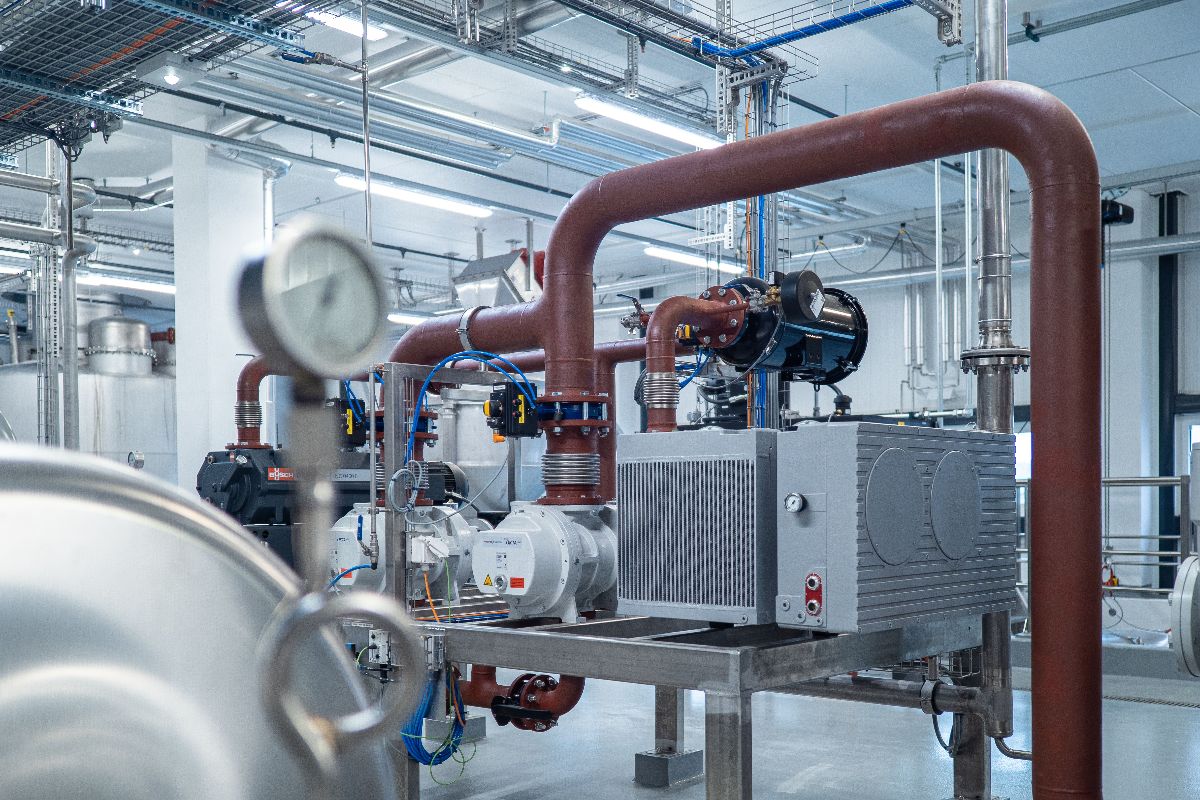
Cooling becomes expensive when it has to react. On days when ambient heat surges or internal loads climb without warning, stopgap systems pull harder to keep up—drawing inconsistent power, forcing auxiliary units online, and driving costs beyond control.
What raises expenses isn’t just how much energy is used, but when it’s needed. Sudden drawdowns hit during peak billing windows. Output stays flat, but overhead rises anyway.
Chillers shift that equation. Instead of reacting, they stabilize. With controlled cooling loads, energy use holds steady—avoiding rate spikes, staggered consumption, and the layered inefficiencies that slip past monthly reviews.
Supporting Business Growth Through Scalable Cooling
Output doesn’t increase in clean increments. When demand grows, cooling demands shift unevenly—first in cycle times, then in hold temperatures, then in the intervals between runs. Without a scalable system, those changes start overloading what used to be enough.
Static cooling setups slow everything else down. Your batches wait longer. Thermal recovery falls behind. Manual cooldowns reappear where automation had already replaced them.
Industrial chillers are designed to help you avoid this. They scale your cooling in line with throughput—absorbing your growth without forcing new infrastructure each time your output increases. In your facility that’s growing, this isn’t a feature. It’s the control point that keeps your expansion viable.
Get Started With the Right Cooling System with Industrial PH
Choosing the right chiller system starts with understanding your industry’s unique heat management challenges and productivity goals. At Industrial PH, we provide tailored cooling solutions designed to optimize your processes and protect your investments. We offer expert guidance and custom configurations suited for your specific operational needs.
As the authorized distributor of TopChiller in the Philippines, we supply high-quality chillers known for reliable performance across various industrial applications such as metal fabrication, plastic molding, food processing, and pharmaceuticals. Our chillers use efficient refrigeration cycles, including water and air cooling, to maintain optimal temperatures in critical processes.
What sets us apart is not only access to advanced chillers but also comprehensive support—from assessing your cooling requirements and choosing the right product to installation, maintenance, and ongoing optimization. We ensure your cooling system scales with your business while enhancing equipment longevity, workplace safety, and productivity.
Key Takeaway
Understanding why you need an industrial chiller starts with recognizing the gaps in your own operation. With the right information and support, you can select a solution that meets your facility’s needs and strengthens your business for the future.
Industrial PH offers industrial chillers built for reliable cooling and efficient performance. Our solutions help safeguard your equipment and maintain productivity in demanding environments. Contact us today to find the right equipment for your needs.
